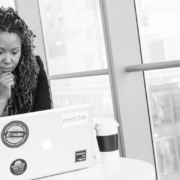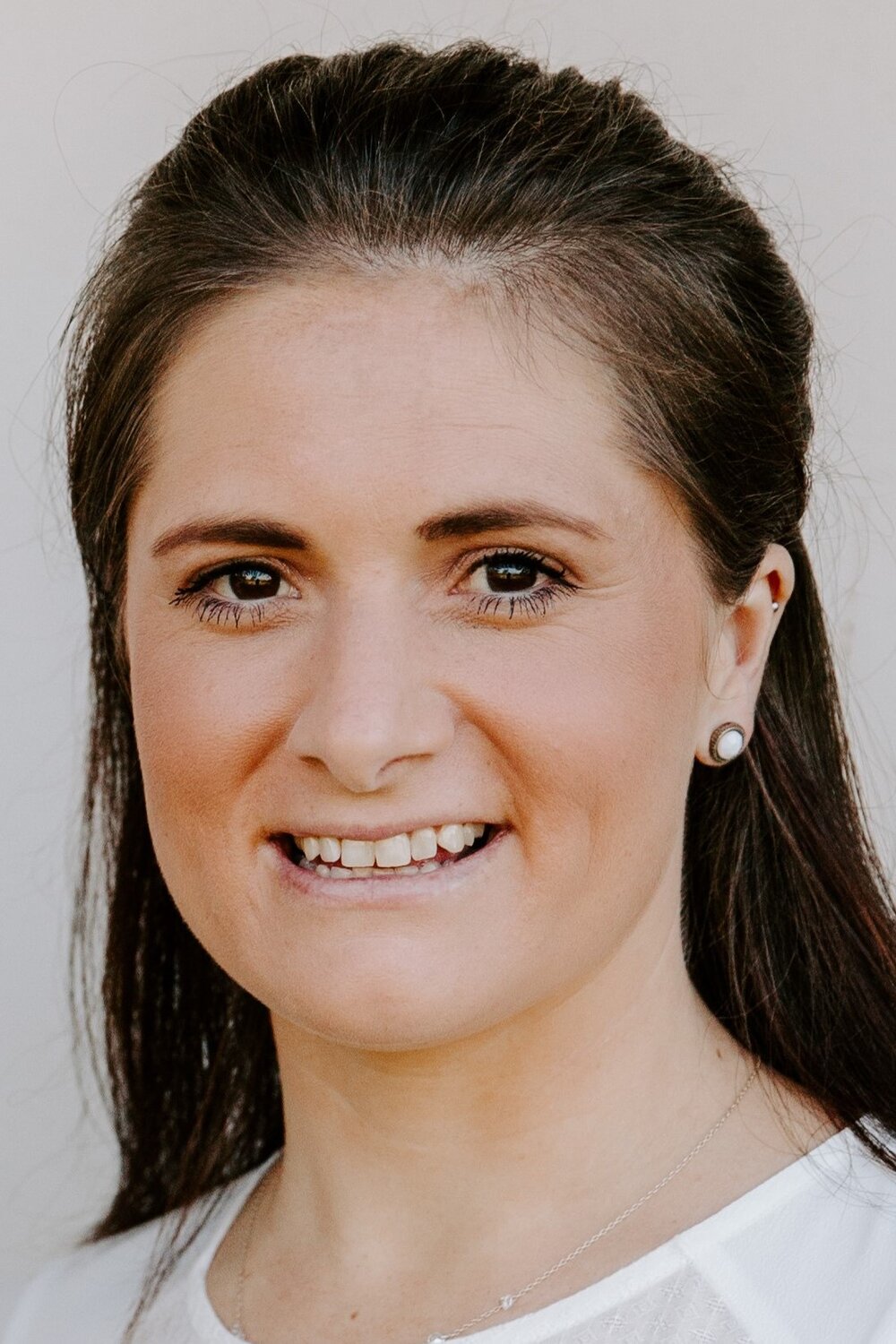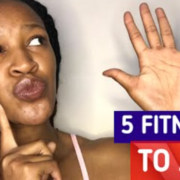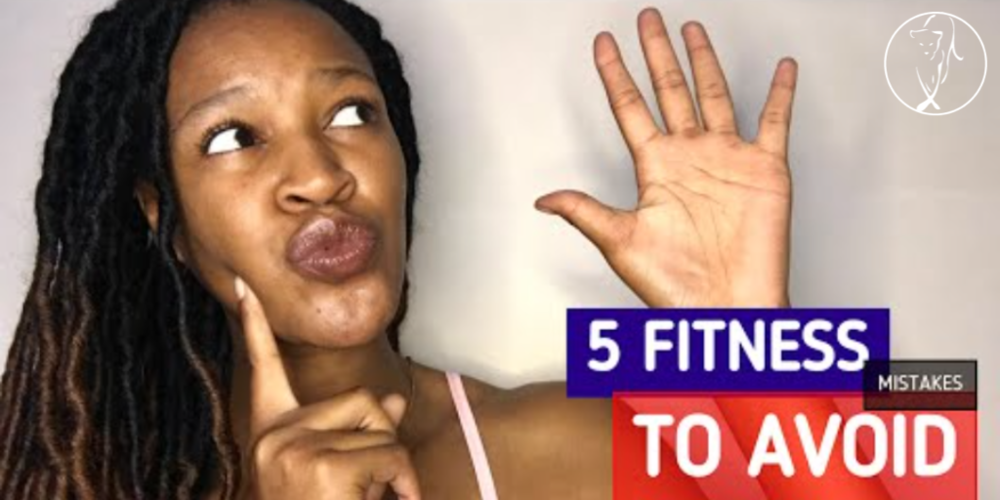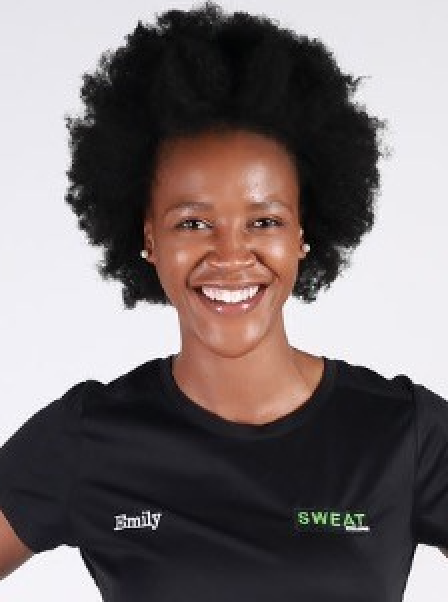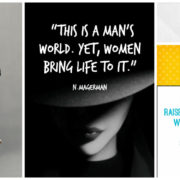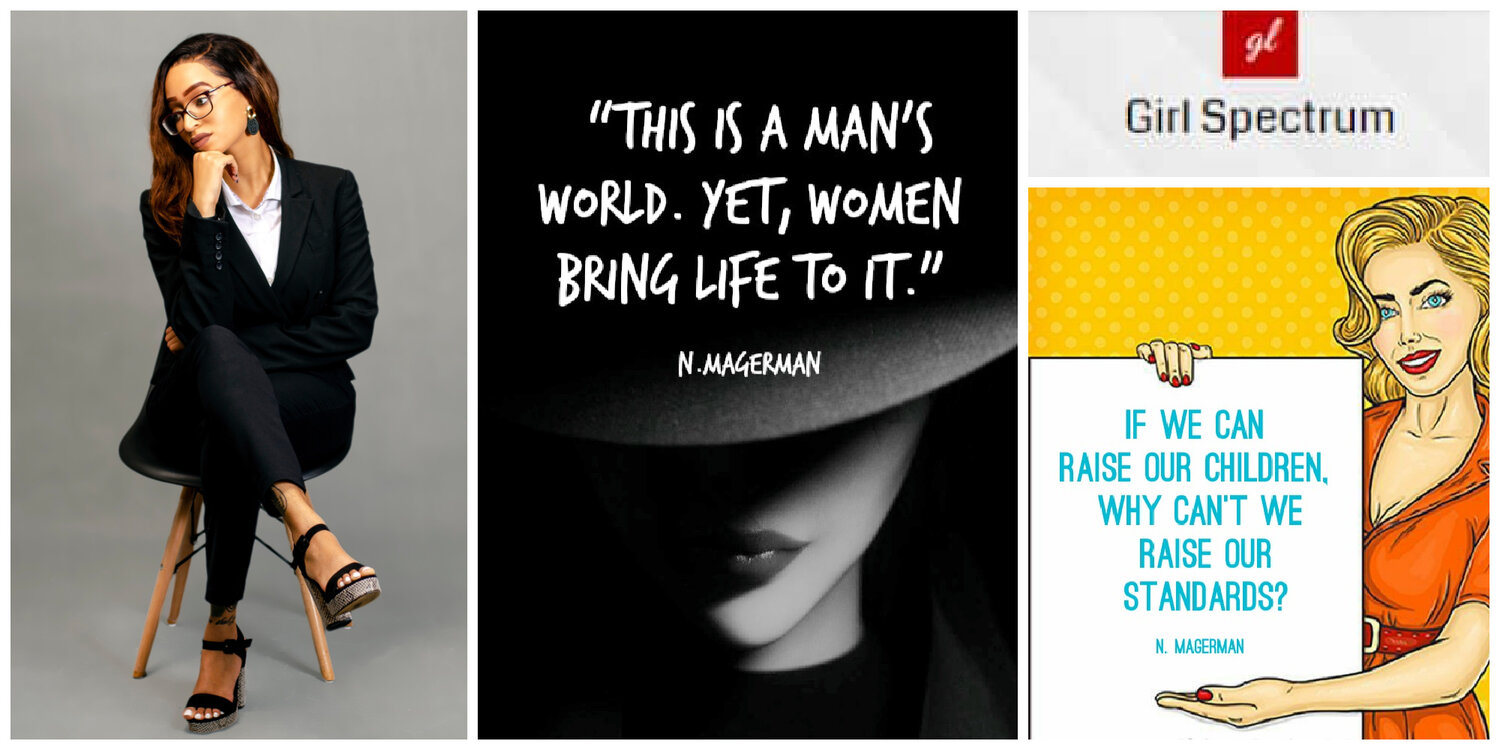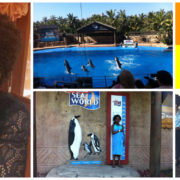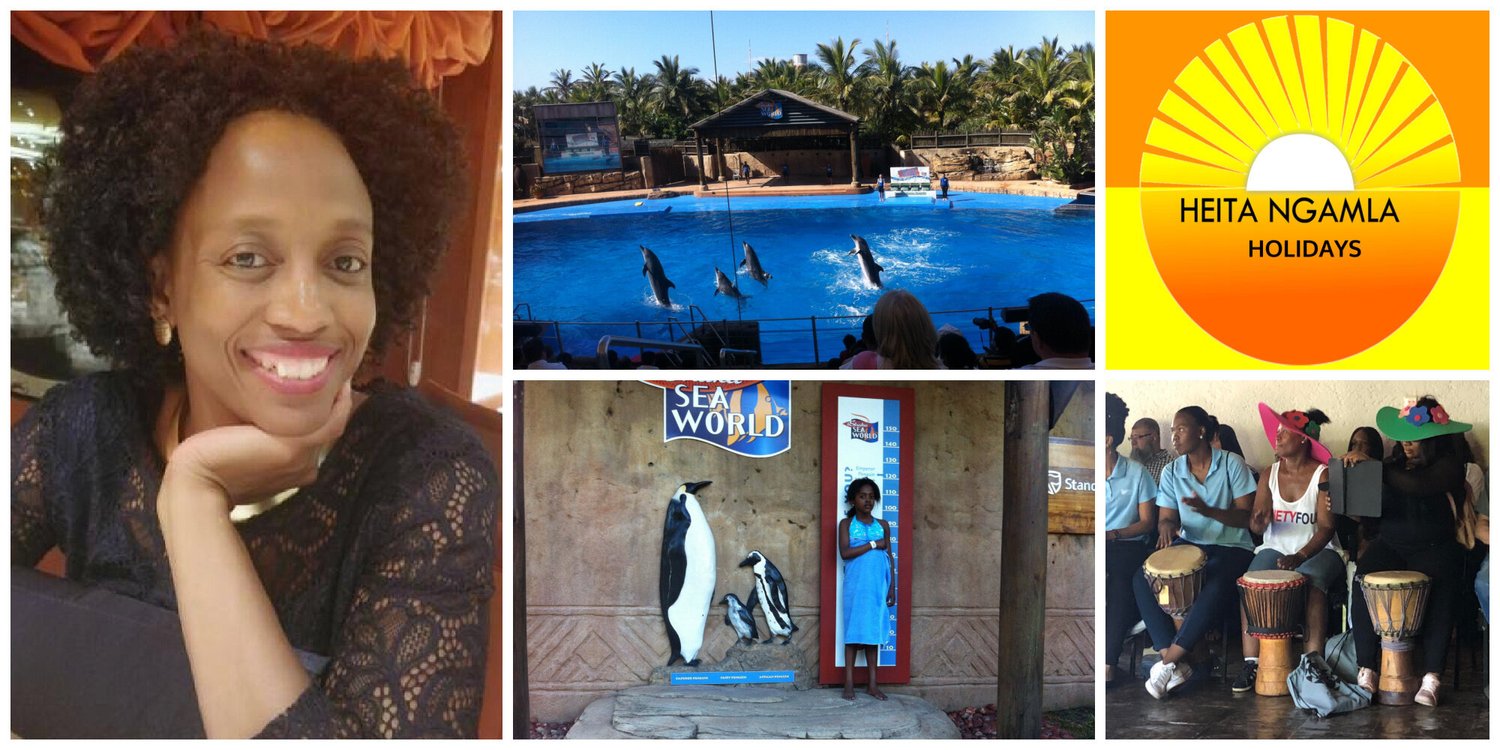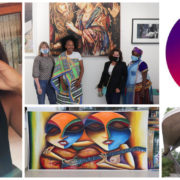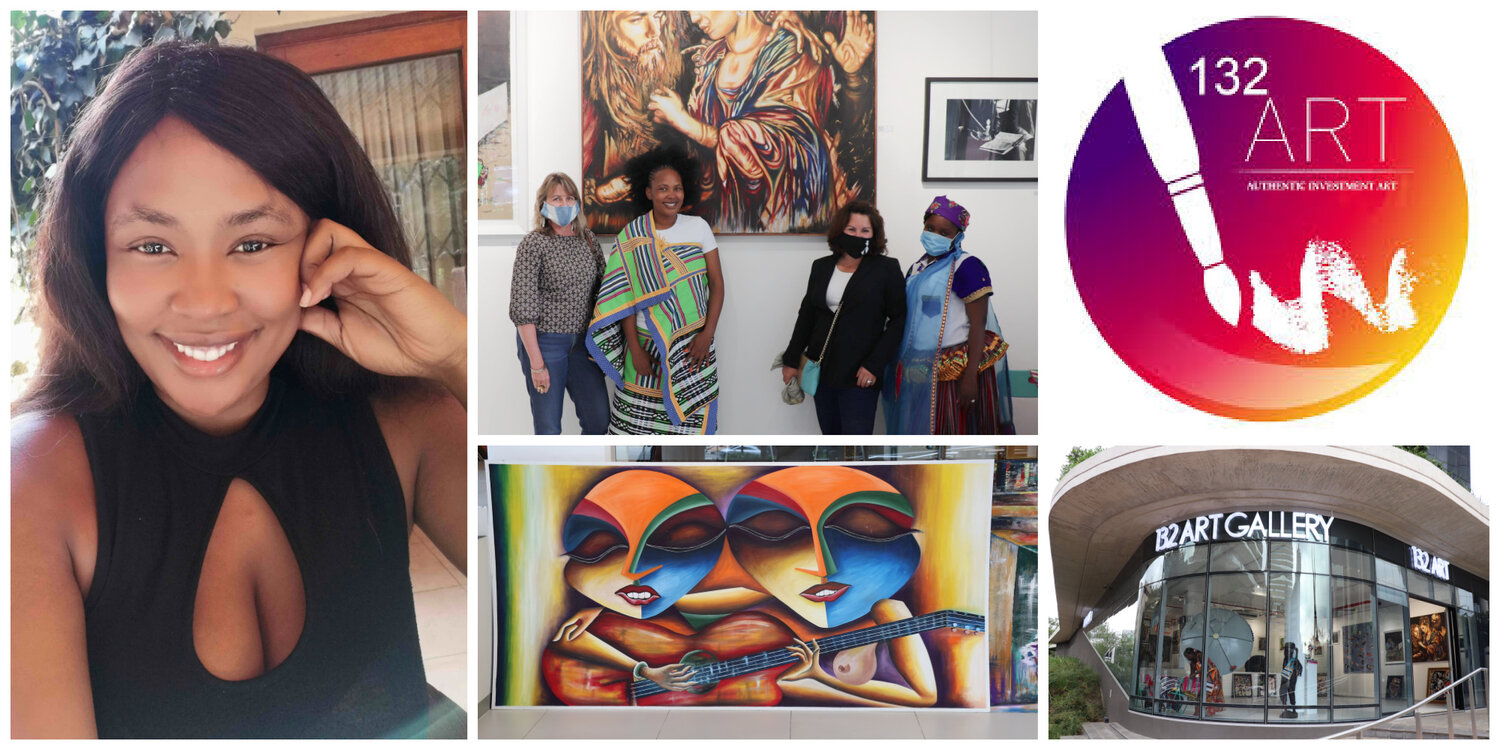Embrace Thinking… — Lionesses of Africa
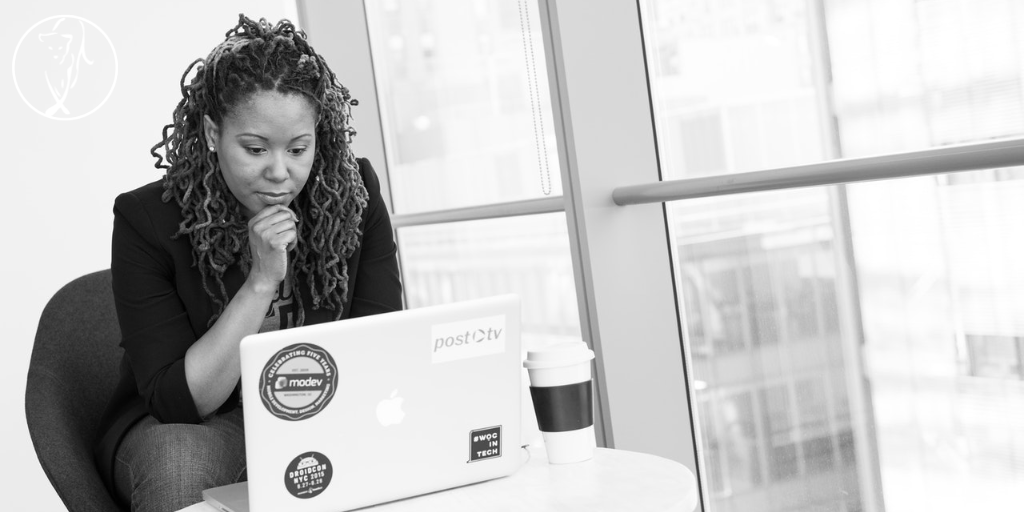
By the Lionesses of Africa Operations Dept
“If knowledge is power, knowing what you don’t know is wisdom.”, so wrote Adam Grant, the renowned professor of psychology at Wharton School of the University of Pennsylvania in his new book, “Think Again: The Power of Knowing What You Don’t Know,”. One of the basic frustrations he has is that: Too many people in the world listen to opinions that make them feel good, instead of ideas that make them think harder.
There is absolutely no doubt that we have all fallen into that trap at one time or another (if not many times), but what if we questioned not just the essential moral and ethical assumptions we have, but business ones too. As we know (yet always forget), adverts on the internet are weighted heavily by our viewing. But so is information and news stories as we are drawn by certain algorithms towards that which aligns with what we have previously viewed, thereby continuing to confirm our own thinking. We want to be right and it’s great to be right, and the internet kindly confirms this by finding more information each time we hit the search button, pushing yet more self confirming information and stories towards us that continue to confirm this, and so the circle continues…
Isn’t life easy!
But quite simply we should be ashamed. Why work so hard if we throw it away through little thought. We owe it to our business, our employees, our customers and shareholders to always be thinking and to push the boundaries of our thinking.
What we are seeing and believing via our ‘online’ lives is what is called ‘confirmation bias’ being played out on our laptops. As Paul Simon wrote in his song the Boxer:
“We hear what we want to hear and disregard the rest…”
If we only receive information that confirms with our current viewing, then our thoughts will be pushed into a loop and constantly confirmed by what we read. It has been said that those that believed the election in the USA was rigged were only following what they had been told and shown every time they logged on… In such loops one’s own fears feed themselves. Scary!
In the book by the Harvard Lecturer, Vikram Mansharamani, called: ‘Think For Yourself: Restoring Common Sense in an Age of Experts and Artificial Intelligence’, Prof Mansharamani believes that we have all been relying far too much on experts, to such an extent that we have forgotten the art of thinking for ourselves.
He suggests taking a moment to ‘zoom out’ (as he calls it), to focus by stepping back and thereby recognize the level of information and detail required to perform your task, job or run your business. We at the Lioness Operations Den are great believers in reading around our business, to even read away from our business (we all have to relax somehow!), and agree with the Prof on this. A CEO cannot have the time to drill down into every minute detail (“Is that screw in straight?”), made even more complex if that detail is just hidden or ignored by ‘fluff’ or ‘noise’ from the internet.
Yet is that true even during wartime? And make no mistake, Covid has brought wartime volatility instantly into our lives…and it is still with us. Covid didn’t finish with an announcement that Vaccines had been found. We are still in a war-time with huge volatility and sudden changes to our lives and much more to come.
We were hit by this the other evening as we read a book by Hamish McKensie on Elon Musk called ‘Insane Mode’ (a button on the dash of the Tesla Model S that gives you acceleration like a Ferrari – now taken further and called ‘Ludicrous’) that here was a leader who seemed to be constantly thinking outside the box and pushing the boundaries both in what he expects and tries, but also in the time he assumes or expects projects to take. He is a maverick, and love him or hate him, he is pushing the boundaries of business whilst also becoming through his businesses the world’s richest person with a net worth at around $185bn – all whilst never conforming to any stereotypical leader found in management books!
How is this possible? No management book? Seriously?
Perhaps we should be asking – are business books written in the comfort of the last few decades prior to 2020 really what is required now, when all our assumptions have been thrown on their heads?
Long term readers of our blogs will know we are huge fans of a16z, the massive PE firm set up by Marc Andreessen and Ben Horowitz. Ben Horowitz wrote a brilliant book called: ‘The Hard Thing about Hard Things’. As he says: “While many people talk about how great it is to start a business, very few are honest about how difficult it is to run one.” Amen to that! In this he looked at leaders such as Steve Jobs (who returned to Apple as interim CEO with the company only months from bankruptcy) and Elon Musk, calling them ‘wartime leaders’. With all our assumptions having been thrown out of the window with Covid, there is no doubt we are in the midst of a war. Can ‘traditional’ leaders handle this. Why was Churchill a brilliant wartime leader, but voted out during peacetime? One would have thought the British public would have given him the benefit of the doubt – but no.
So what do we expect to see in a wartime leader and how is running a company during a war different from when the sun is out, suppliers pick up their phones and all our assumptions are there, fresh and ready for another day each morning as we wake… Most importantly – what can we learn from these leaders to allow us to survive (and perhaps thrive) until the bird song returns and spring arrives?
According to Ben Horowitz these are some of the main differences:

